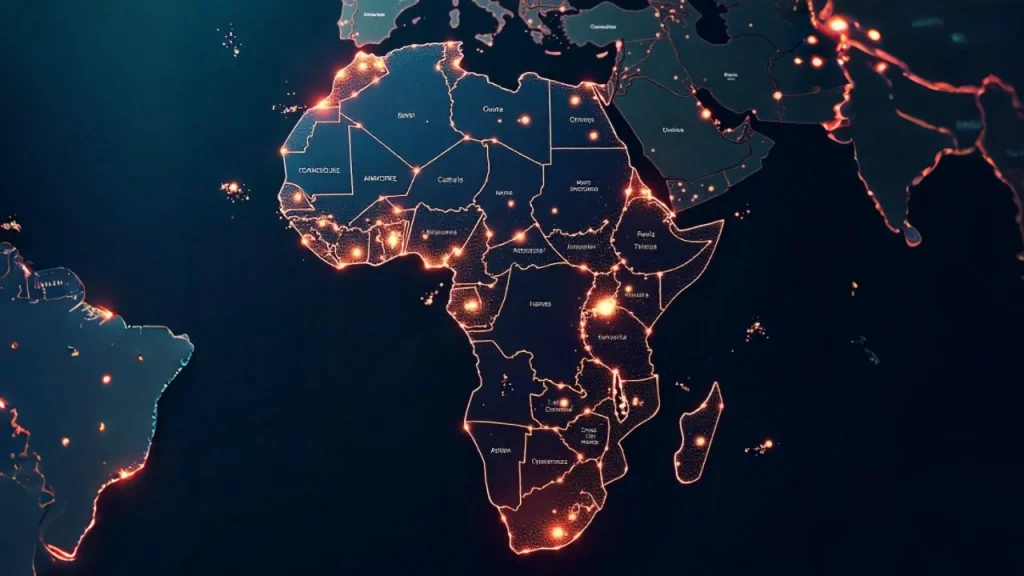- AFRINIC’s legal status as a Mauritius-registered entity places its elections, board powers and dispute resolution under national judicial oversight.
- Recent court interventions have reshaped member expectations, raising questions about autonomy, accountability and external influence.
A registry defined by its jurisdiction
AFRINIC was incorporated in Mauritius as a company limited by guarantee, which means its bylaws operate alongside national legislation rather than above it. When governance disputes escalated in 2022, the Mauritian Supreme Court declared the sitting board invalid, creating a leadership vacuum that has persisted through successive legal and administrative delays. In 2023, the court appointed a receiver to oversee operations, effectively placing AFRINIC’s internal decision-making under supervision. The June 2025 board election was organised during this receivership, but it was later annulled after a dispute over proxy voting procedures, demonstrating how quickly Mauritius law can interrupt or override member-driven processes. ICANN has publicly acknowledged these tensions by calling for clarification of AFRINIC’s compliance with both domestic company law and its own recognition criteria. The result is a governance climate in which court rulings carry more immediate force than community consensus, leaving members uncertain about how much authority they truly hold.
Also read:Startups and AFRINIC elections: Africa’s digital future
Also read:AFRINIC’s elections in global perspective
Why members cannot ignore the legal context
For members across Africa and the Indian Ocean region, Mauritius’ legal framework is now highly influential. It shapes who leads AFRINIC. It also affects how elections are conducted. Companies that rely on IP allocations and routing policies cannot assume procedures will run smoothly. Litigation or judicial review can delay or change outcomes. The Number Resource Organization warns that unresolved legal disputes may affect AFRINIC’s standing globally. If members are sidelined, the registry’s legitimacy suffers. APNIC, RIPE NCC, and ARIN face fewer disruptions. Their electoral rules are codified. Contests rarely reach the courts mid-process.
The situation in Mauritius raises a critical question. Can AFRINIC maintain the appearance of autonomy if courts suspend or annul elections? Influence now depends not only on votes. Members must understand Mauritian company law, receivership orders, and judicial appeals. Legal knowledge is essential to navigate the registry. It helps protect regional digital interests. For all stakeholders, combining policy engagement with legal awareness is now key to shaping Africa’s internet governance.

